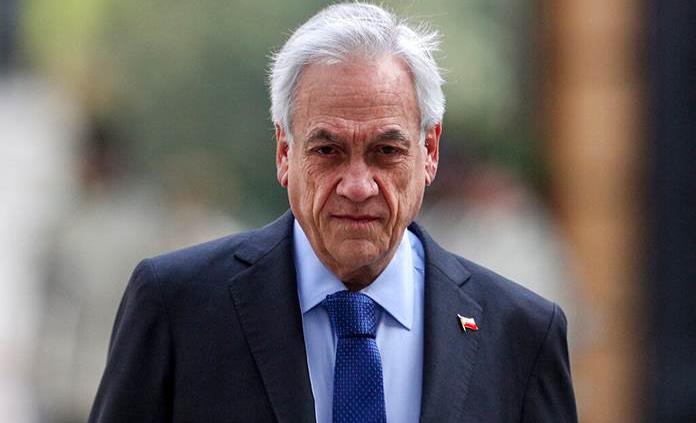RIO DE JANEIRO, BRAZIL – The president of Chile, Sebastián Piñera, ratified this Sunday the law that extends until September the economic aid to families to alleviate the impact of the pandemic, which is experiencing a tough second wave in the country and is keeping hospitals at the limit.
“The magnitude of the pandemic and its extension have been much more than experts anticipated. That is why, 10 days ago, we sent to Congress a bill that creates the Universal Emergency Family Income”, said the governor.

The initiative, which comes from an agenda to seek agreements with the opposition, extends the amount of the bonus to the poverty line indicator and increases the number of beneficiaries to 15 million of the 19 million inhabitants of the country.
A one-person household will receive 177,000 pesos (about US$242) monthly, which is readjusted as the number of members rises.
“A family of a size equal to four people is going to receive 500,000 pesos (about US$683) during the months of May, June, July, and August, and the benefit continues with some reduction in the month of September,” Piñera explained.
Currently, the Emergency Family Income (IFE) contemplated a monthly payment of 100,000 pesos (US$137) per household member and covered 13 million people.
The center and left opposition complain that the social aids launched by the Government during the pandemic are insufficient and have not reached all those who require them due to bureaucratic bottlenecks.
“Some believe that the resources come from heaven (…) This Universal IFE means an enormous effort for the State, about US$10 billion in addition to the resources that the State already provides,” said the president.
The aid network deployed during the pandemic in Chile “is the widest and most robust in our continent,” and “this has been determined by international organizations such as the World Bank and ECLAC”, he added.
The pandemic caused the Chilean economy to fall by 5.8% in 2020 – the worst figure in four decades – and 2 million jobs were lost, but the Central Bank estimates GDP growth in 2021 of between 6% and 7%.
With more than 1.42 million people infected and close to 30,000 dead since the start of the pandemic more than a year ago, Chile was hit by a severe second wave in March and April, putting the health system on the ropes.
With the arrival of May, which brought a slight improvement, the authorities began to lift quarantines. Still, in recent days the number of cases has risen again, despite the country’s successful vaccination process, thanks to which more than 55% of the target population have already completed their inoculation schedule.

